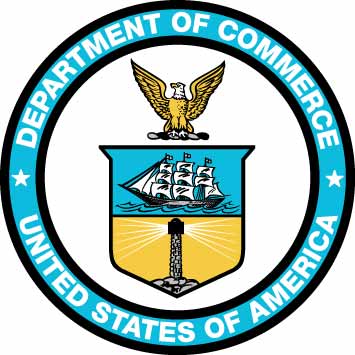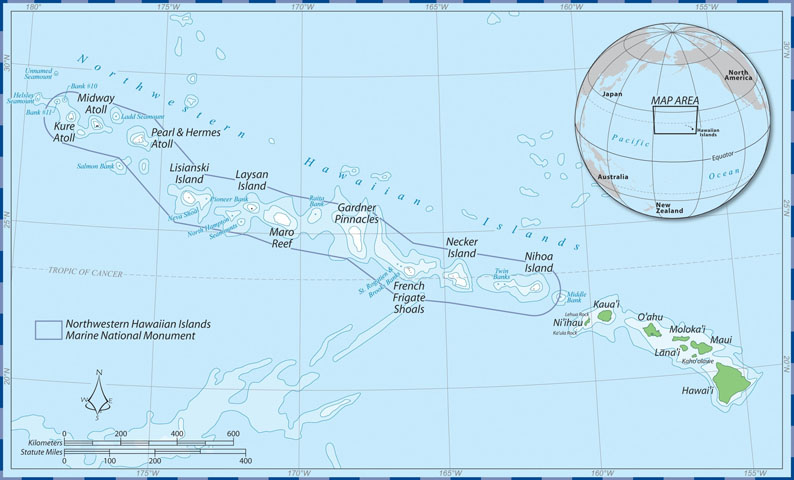 Skip Main Navigation
Skip Main Navigation
|
|||||||||||||||||||||||||||||||||||||||||||||||||||||||||||||||||||||||||||||||||||||||||||||||||||||||||||||||||||||||||||||||||||||||||||||||||||||||||||||||||||||||||||||||||||||||||||||||||||||||||||||||
DEPARTMENT OF COMMERCESince 2001, the Administration:
The President’s 2008 Budget:
FOCUSING ON THE NATION’S PRIORITIESAdvancing U.S. Competitiveness through Technological Innovation, Economic and Demographic Data, International Trade, and Intellectual Property ProtectionThe President’s 2008 Budget includes increases for Department of Commerce programs that foster U.S. leadership in science and technology. The Budget also sustains key Departmental programs that advance economic growth, such as international trade opportunities for businesses, fundamental information about the economy and population used by businesses and all levels of government, and critical protections for intellectual property. American Competitiveness Initiative. The National Institute of Standards and Technology (NIST) promotes U.S. innovation and competitiveness by advancing measurement science, standards, and technology. As part of the President’s 10-year American Competitiveness Initiative, NIST will target $594 million in 2008 for investments that are part of the Initiative, a more than 10-percent increase from similar investments proposed in the 2007 President's Budget. These investments will improve nanotechnology manufacturing capabilities; expand NIST’s neutron facility to aid in characterizing novel materials in high-growth research fields; construct new, high-performance laboratories at NIST's Boulder, Colorado facility while reducing renovation costs; and improve understanding of quantum information science that has the potential to dramatically improve computer processing speeds and enable more secure communications. Gathering the Most Accurate Data. Accurate information about U.S. economic and demographic conditions compiled by the Bureau of Economic Analysis (BEA) and the Census Bureau is necessary for well-informed business and Government decisions. The Budget provides increases for the Census Bureau to continue preparations for a reengineered, short-form census in 2010. In 2008, the Bureau will conduct a full dress rehearsal, and begin opening offices for the start of nationwide field activities in 2009. The Budget also provides increases for the data collection phase of the Economic Census and the Census of Governments, and to continue reengineering the Survey of Income and Program Participation. In addition, the 2008 Budget includes an initiative in BEA and Census to improve the accuracy and comprehensiveness of statistics on the U.S. economy. As the economy grows and evolves, the Nation’s principal economic indictors need to be expanded and updated to ensure that important sectors are adequately covered. This initiative includes increases in Census to close the gap in service-sector coverage, and increases in BEA to begin incorporating research and development (R&D) investments into Gross Domestic Product (GDP) and other national accounts. Coverage of the service sector and intangibles like R&D are critical to improving the accuracy in the measurement of GDP and other economic indicators. Opening New Markets. Improving international trade opportunities is crucial for U.S. economic growth, and the International Trade Administration (ITA) helps open and expand foreign markets for U.S. goods and services. The Budget facilitates fair competition in international trade, and provides funding for new trade-compliance experts in high-priority markets. ITA is working closely with the Office of the U.S. Trade Representative and other agencies to ensure that America’s trading partners honor their World Trade Organization commitments and U.S. companies benefit from opportunities for greater market access. ITA also works to develop free trade agreements with other nations, to eliminate barriers to U.S. products, and to improve competitiveness of U.S. firms. In support of U.S. environment industries and U.S. climate change and environmental policies, ITA will assist in the Asia-Pacific Partnership on Clean Development and Climate. This Partnership aims to expand markets for cleaner, more efficient technologies and services among the United States, Australia, China, India, Japan, and South Korea. Protecting Intellectual Property Rights. The Patent and Trademark Office (PTO) furthers intellectual property protection through the issuance of patents and registration of trademarks. The President’s Budget continues to provide PTO full access to its fees in order to continue to improve the processing times and quality of patents and trademarks. The Budget also supports the work of the National Intellectual Property Law Enforcement Coordinating Council in coordinating the intellectual property protection efforts across the Government and the Strategy Targeting Organized Piracy (STOP!) initiative's efforts against global piracy and counterfeiting. Enhancing the Ability to Observe, Protect, and Manage the Earth’s ResourcesThe President’s 2008 Budget supports key programs in the National Oceanic and Atmospheric Administration (NOAA) that observe and predict changes in the earth’s environment and manage the Nation's ocean and coastal resources. Improving Weather Forecasting Capabilities. The President’s Budget provides increases for weather forecasting activities to ensure continuing improvements in this important area. The Budget also continues support for development and acquisition of geostationary and polar-orbiting weather satellites to improve weather forecasting and understanding of the climate. In addition, the Budget funds increases for research on Unmanned Aircraft Systems, in order to improve monitoring and forecasting of hurricane tracks and intensity. In response to the devastating tsunami that hit Southeast Asia in December 2004, NOAA developed an improved Tsunami Warning and Mitigation System to strengthen tsunami detection and warning for at-risk U.S. communities. The President’s 2008 Budget supports increases for deployment of additional advanced technology deep-ocean buoy stations and tsunami inundation mapping, modeling, and forecast efforts. Understanding Climate Change. The Budget increases climate programs that are aligned with the strategic programs of the President’s Climate Change Research Initiative. These include water vapor process research to refine climate models, and the development of an integrated drought early warning and forecast system that will provide earlier and more accurate forecasts of drought conditions.
Protecting Natural Resources.
The President's Budget includes over $100 million in new
investments and program improvements within NOAA aimed at strengthening
knowledge and management of ocean resources in support of the President’s
Ocean Action Plan. Projects to protect valuable habitat include funding for the recently
designated Northwestern Hawaiian Islands (NWHI) Marine National Monument,
and support for a project to restore over 990 stream miles of habitat
for endangered Atlantic salmon and other fish species. The Budget
also provides funds to ensure sustainable access to seafood through
development of offshore aquaculture opportunities, as well as better
management of fish harvests. Market-based approaches—such as
Limited Access Privilege systems (LAPs) that provide
exclusive privileges to harvest a quantity of fish—move fisheries
management away from cumbersome and inefficient regulatory practices
and have been shown to lead to lengthened fishing seasons, improved
product quality, and safer conditions for fishermen. The Administration
has set a goal of doubling the number of LAP systems in use by the
year 2010. These goals and projects contribute to the implementation
of recently enacted legislation, including the Magnuson-Stevens Fishery Conservation and Management
Reauthorization Act of 2006, and the Marine Debris Research, Prevention,
and Reduction Act.
The Budget supports the NWHI Marine National Monument, which was created by Presidential proclamation on June 15, 2006. It is the single largest conservation area under the U.S. flag, and the largest marine conservation area in the world. The extensive coral reefs found in the NWHI are home to over 7,000 marine species, one quarter of which are found only in the Hawaiian Archipelago. The NWHI are also of great cultural importance to Native Hawaiians, with significant cultural sites found on the islands of Nihoa and Mokumanamana. New investments in ocean science are aimed at monitoring and better understanding marine ecosystems. Funding is included for ocean observations to move toward an operational ocean monitoring network. Support is also provided for priority research areas, including ocean-climate connections, marine ecosystem responses to natural events and management strategies, and the development of new sensor technologies to monitor marine ecosystem parameters, such as harmful algal blooms and marine populations.
1 The Budget assumes that if the Department is funded under a full-year 2007 continuing resolution, the 2007 cancellation would not be enacted, which would leave $49 million available for cancellation in 2008. 2 2008 mandatory offsetting receipts include spectrum auction receipts (-$477 million) that fund mandatory programs created by the Deficit Reduction Act of 2005 in the National Telecommunications and Information Administration. |
|||||||||||||||||||||||||||||||||||||||||||||||||||||||||||||||||||||||||||||||||||||||||||||||||||||||||||||||||||||||||||||||||||||||||||||||||||||||||||||||||||||||||||||||||||||||||||||||||||||||||||||||
|
|||||||||||||||||||||||||||||||||||||||||||||||||||||||||||||||||||||||||||||||||||||||||||||||||||||||||||||||||||||||||||||||||||||||||||||||||||||||||||||||||||||||||||||||||||||||||||||||||||||||||||||||
|
|
|||||||||||||||||||||||||||||||||||||||||||||||||||||||||||||||||||||||||||||||||||||||||||||||||||||||||||||||||||||||||||||||||||||||||||||||||||||||||||||||||||||||||||||||||||||||||||||||||||||||||||||||

